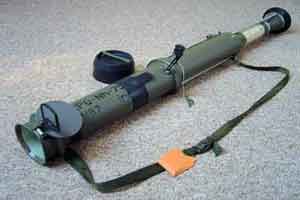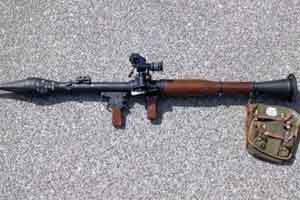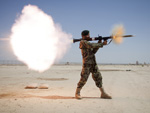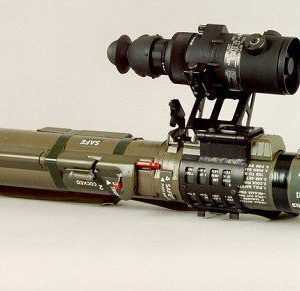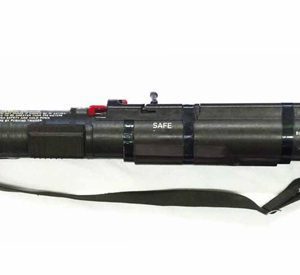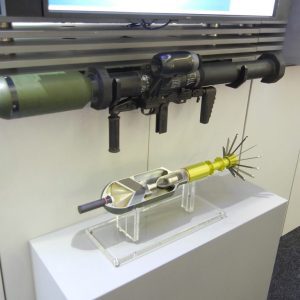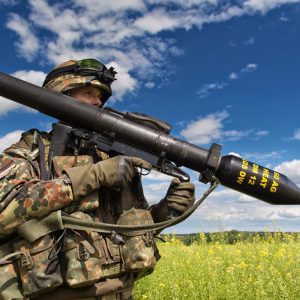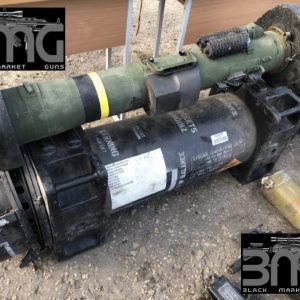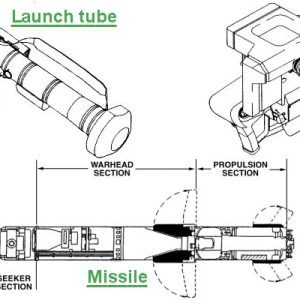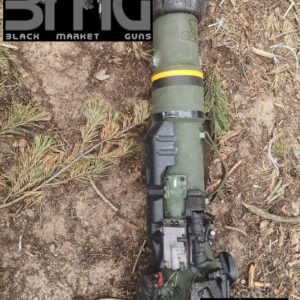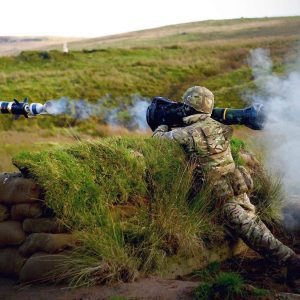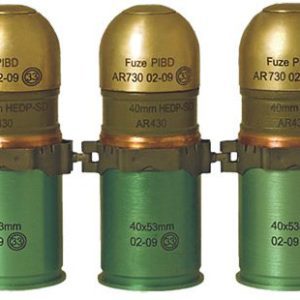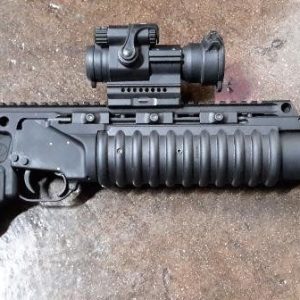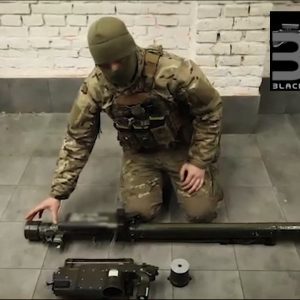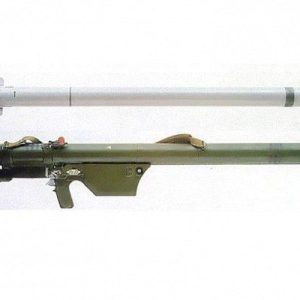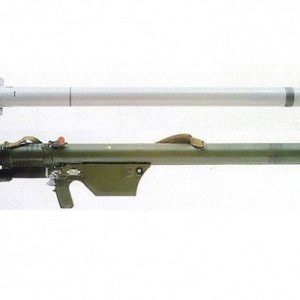The earliest rocket launchers documented in imperial China consisted of arrows modified by the attachment of a rocket motor to the shaft a few inches behind the arrowhead. The rocket was propelled by the burning of the black powder in the motor; these should not be confused with early fire arrows, which were conventional arrows carrying small tubes of black powder as an incendiary that ignited only after the arrow reached its target. The rocket launchers were constructed of wood, basketry, and bamboo tubes.[1] The launchers divided the rockets with frames meant to keep them separated, and the launchers were capable of firing multiple rockets at once. Textual evidence and illustrations of various early rocket launchers are found in the 1510 edition of the Wujing Zongyao translated by Needham and others at Princeton University. (The original Wujing Zongyao was compiled between 1040 and 1044 and described the discovery of black powder but preceded the invention of the rocket. Partial copies of the original survived and Wujing Zongyao was republished in 1231 during the Southern Song Dynasty, including military developments since the original 1044 publication. The British scientist, sinologist, historian Joseph Needham asserts that the 1510 edition is the most reliable in its faithfulness to the original and 1231 versions, since it was printed from blocks that were re-carved directly from tracings of the edition made in 1231 AD.) The 1510 Wujing Zongyao describes the “long serpent” rocket launcher, a rocket launcher constructed of wood and carried with a wheelbarrow, and the “hundred tiger” rocket launcher, a rocket launcher made of wood and capable of firing 320 rocket arrows.[2] The text also describes a portable rocket carrier consisting of a sling and a bamboo tube.[3]
Rocket launchers known as “wasp nest” launchers were used by the Ming dynasty in 1380 and in 1400 by Li Jinglong against Zhu Di.[4]
Rockets were introduced to the West during the Napoleonic Wars; the Congreve rocket was a British weapon devised by Sir William Congreve in 1804 after experiencing Indian rockets at the Siege of Seringapatam (1799). Congreve rockets were launched from an iron trough about 18 inches (45 centimetres) in length, called a chamber.[5] These chambers could be fixed to the ground for horizontal launching, secured to a folding copper tripod for high angle fire or mounted on frames on carts or the decks of warships.[6]
During the American Civil War, both the Union and the Confederate Military experimented upon and produced rocket launchers.[7] Confederate forces used Congreve rockets in limited uses due to its inaccuracies, while the Union forces used Hale patent rocket launcher which fired seven to ten inch rockets with fin stabilizers at a range of 2000 yards.


